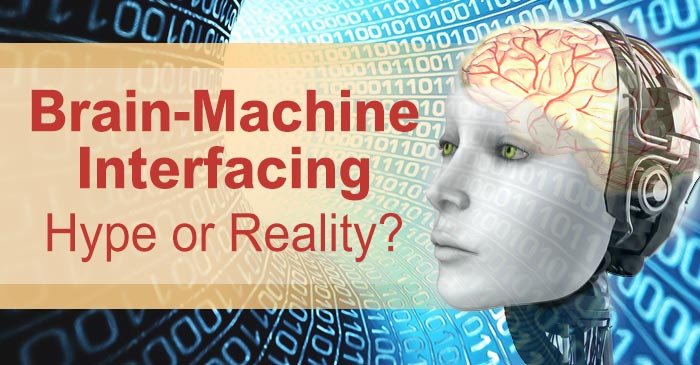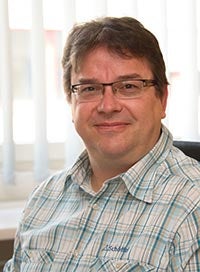distinguished visiting international scholars

[themify_box style=”uriblue rectangle” ]Brain-Machine Interfacing, Hype or Reality?[/themify_box]

Professor for Neuroelectronic Systems, Clinic for Neurosurgery, University Medical Center, Freiburg, Germany
Wednesday, October 28, 2015 at 6 p.m.
Lecture with a reception to follow.
Ryan Family Auditorium
Center for Biotechnology and Life Sciences
URI Kingston Campus
You will have the opportunity to meet with Professor Ulrich Hofmann after the lecture.
Yes, I would like to register for this event.
Free and open to the public. Doors open at 5:30 p.m. Parking is available behind the Fine Arts Center.
Ulrich G. Hofmann is a Peter-Osypka professor for Neuroelectronic Systems at the University Medical Center Freiburg Clinic for Neurosurgery in Freiburg, Germany. Professor Hofmann’s research focuses on Neural Engineering and Neuromodulation, which have been identified as potential technologies to unlock the mysteries of brain disorders.
He received his Ph.D. in physics from Technische Universität Munich in 1996. From 1997–1998 Professor Hofmann spent his post-doctorate years at the Åbo Akademi in Turku, Finland, and at the California Institute of Technology, Pasadena, as a Feodor-Lynen Fellow. In 2003, Professor Hofmann developed the first European silicon multisite probes and became head of the Biosignal Processing and Neuroengineering research group at the University of Lübeck, Germany. Here, he researched high-performance multisite recording systems, along with investigating alternative brain probe materials and embedded low-power monitoring of physiological signs in the peri-surgical environment.
His research is highly interdisciplinary, blending various fields such as neuronal microelectrode fabrication, deep brain stimulations and recordings, biomedical electronics and instrumentation, medical signal processing, and biological animal models. He also pursues the closed-loop control and neural interfacing of computerized artifacts to living brains, both for high-level manipulation and low-level therapeutic approaches in brain disorders. With his research, Professor Hofmann has been able to not only cover technological innovations, but to test them in biological relevant animal models. His research lab is a multicultural environment where people with diverse nationalities and backgrounds are working together to develop technologies for the betterment of mankind.
Sponsored by the URI Office of the Provost and the URI College of Engineering.
If you have a disability and need an accommodation, please call 401.874.2024 at least five days in advance. For TTY assistance, please call the R.I. Relay Service at 711.
